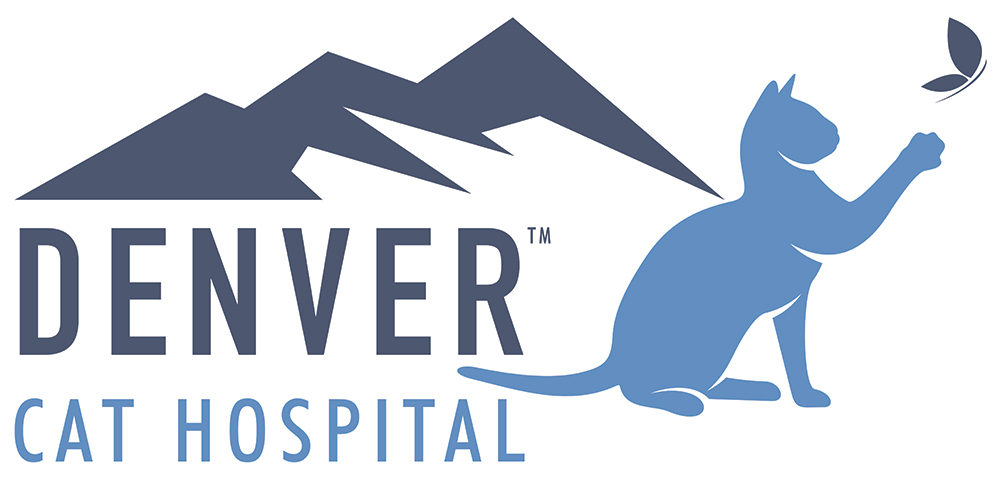FAQs
There is no question too big or too small for our veterinary team. Below are some answers to our most common questions.
We Proudly Serve The Cats of Denver, CO and beyond.
At Denver Cat Hospital, we get a ton of interesting questions from cat parents. Below are some common FAQs that might help answer your questions or concerns. Please feel free to call us at 303-757-7892 for any other concerns you might have about your cat.
Frequently Asked Questions
What are your hours?
Monday-Friday: 8:00 AM – 6:00 PM
Saturday & Sunday: Closed
* We close for lunch daily, 12:30 -1:30 pm.
What type of pets do you see?
We see cats only. Our sister clinic, Evans East Animal Hospital, is happy to serve the needs of your canine companions.
What are your payment options?
We accept cash, debit cards, and credit cards (Visa, Mastercard, Discover, American Express). All credit cards must be signed by the card’s owner.
What services do you provide?
Click here to view more information about all the services we offer.
